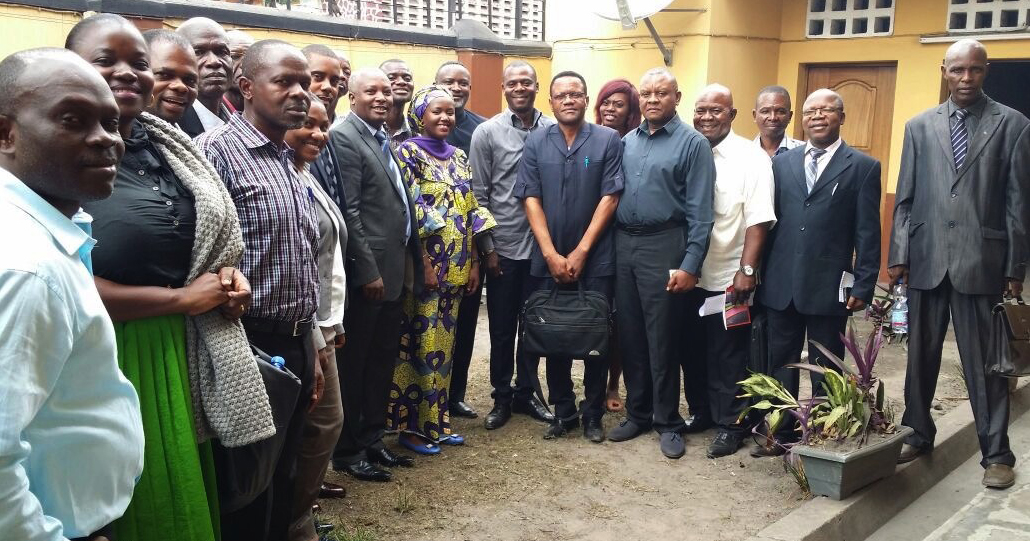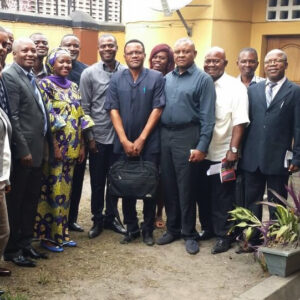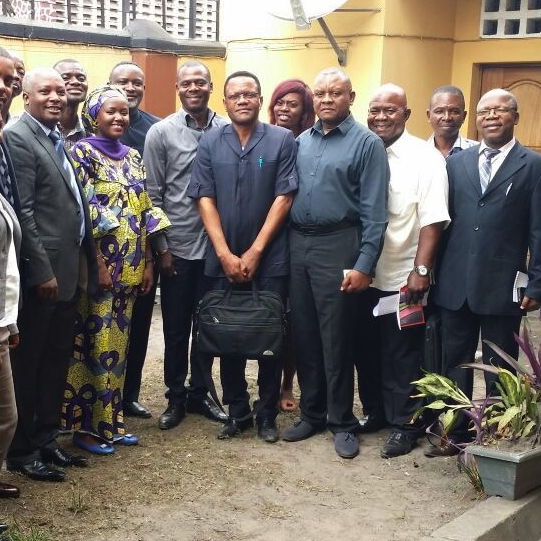
Equimundo began formative research in October 2016 to inform the development of a new four-year project, the Young Men’s Clubs Against Violence (YMCAV), which will work to prevent and respond to urban violence carried out by local street gangs, known as “Kulunas,” in Kinshasa, Democratic Republic of the Congo (DRC).
Led by Equimundo and its affiliate in DRC, the Living Peace Institute (LPI), YMCAV will aim to reduce street violence by both preventing 10- to 19-year-old boys from joining – and by helping them leave – the Kulunas, which are increasingly affecting the Kinshasan municipalities of Kintambo, Bumbu, and Makala. To inform this approach, the research aims to better understand how norms around manhood are related to the phenomenon of young men joining these street gangs.
The project will use the results of its formative research to develop gender-transformative group education for young men, which will challenge them to redefine what it means to be a man; create supportive environments in schools and youth centers; and expand program and policy support from other Congolese stakeholders. These activities will be complemented by advocacy initiatives that target key institutions, including the police, to replicate and mainstream this evidence-based methodology as a best practice in urban violence prevention.
Specifically, Equimundo’s formative research examines:
- How to reduce violence-supportive norms, increase self-efficacy, and promote gender-equitable attitudes and behaviors among young men, ages 10 to 19, in the three targeted municipalities in Kinshasa;
- How to effectively create environments in schools and community youth centers that prevent young men’s involvement in violent groups; and
- How to expand sustainable program and policy support for the prevention of – and response to – young men’s recruitment and membership in violent groups, from targeted nongovernmental organizations (NGOs), schools, institutions, and relevant ministries in DRC.
A technical meeting at the beginning of October 2016 formally launched the formative research process, bringing together representatives from Kinshasa’s gubernatorial office; the province’s Ministry of Women, Families, and Children; the province’s Ministry of Primary and Secondary Education and New Citizenship; the three targeted municipalities’ local governments; the research team; implementing partners; and Equimundo staff.
Following this meeting, the research team received training in gender and masculinities, sexual and gender-based violence, research ethics and confidentiality, and qualitative research techniques. The team then collected data, through focus group discussions and in-depth interviews, from a total of 168 individuals, including youth, parents, school leaders, local authorities, and religious leaders. The research team will analyze its findings before the end of 2016.
The Young Men’s Clubs Against Violence project is being implemented in partnership with the following organizations: Réseau des Educateurs des Enfants et Jeunes de la Rue en République Démocratique du Congo (REEJER), a Congolese network of NGOs working with street children; Aide à L’Enfance Defavorisée (AED), a prominent youth center working with street children in Kinshasa; and Coalition Nationale de l’Education pour tous (CONEPT), a network of educators in the DRC school system.

